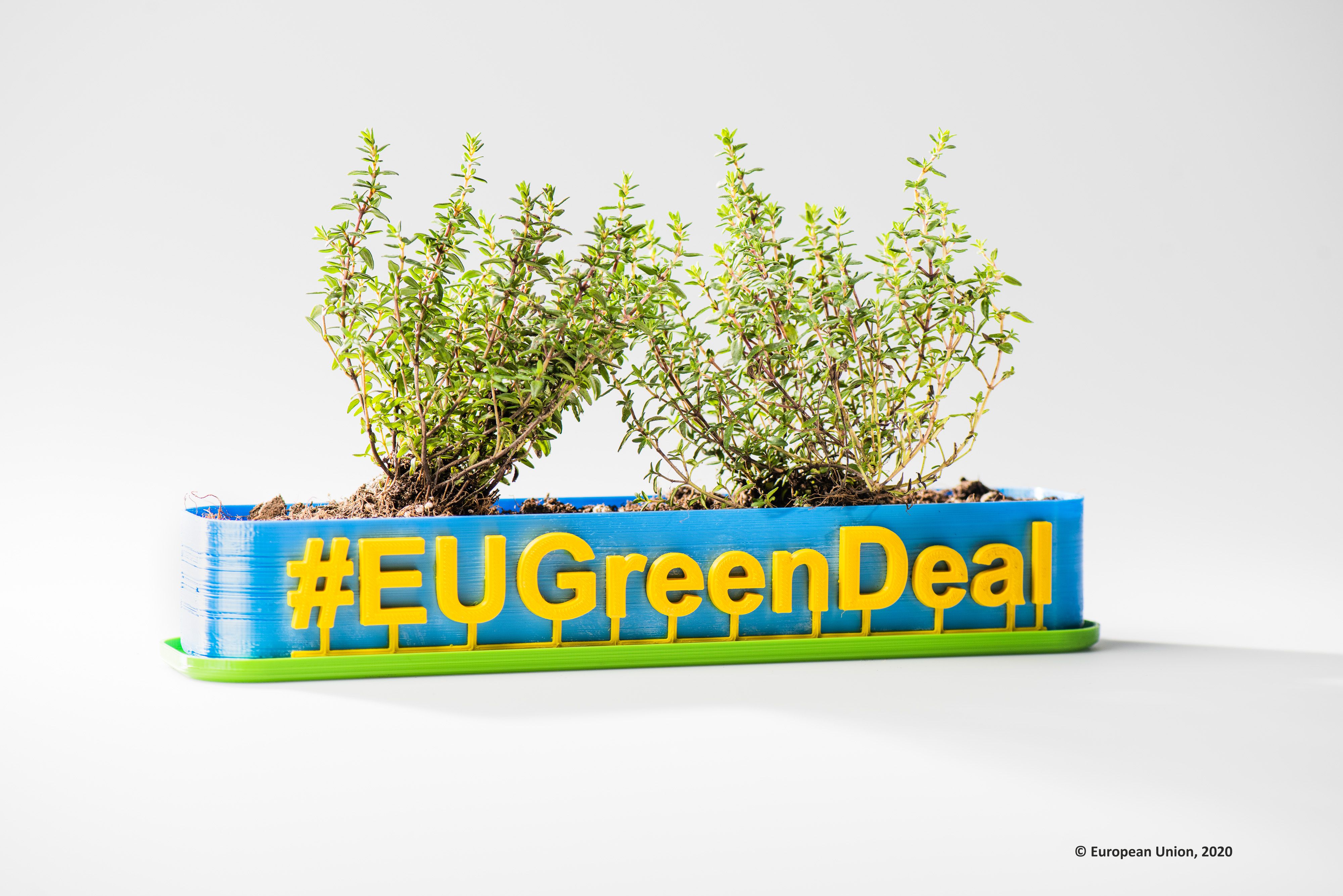Peter Liese: But we need more deal, less bureaucracy and more openness to technology
“As Christian Democrats in the European Parliament, we continue to support the core of the Green Deal. In particular, the climate targets for 2030 and the goal of climate neutrality for 2050 are not up for discussion. But we need more ‘deal' in the Green Deal. The interests of the economy, especially industry, agriculture and SMEs, must be better taken into account. The Green Deal must be implemented with less bureaucracy and more technological openness," emphasized Liese, environmental policy spokesperson for the largest political group in the European Parliament (EPP, Christian Democrats). An important symbol of this is technological openness in the decarbonization of cars, Liese continues: "The existing legislation requires that new cars must no longer emit CO2 from their exhaust pipes from 2035. This de facto excludes the combustion engine, even if it runs on completely climate-neutral fuels. We want to change this. A delegated act, which the German Transport Minister Wissing has forced through, is not enough; the basic legal act must be amended accordingly."
In Liese's opinion, however, it is even more important to adapt the framework conditions for industry so that they can really invest in climate neutrality in Europe. "We already passed a Net Zero Industry Act before the election. This is about speeding up procedures for certain industries, for example for batteries and photovoltaic manufacturers. This law must be extended to all industries that want to decarbonize, including the steel industry, for example. It is particularly important that we include negative emissions in emissions trading. Under current legislation, the targets for industry in 2030 are very ambitious, but feasible. In 2039, however, there will be no more certificates in emissions trading and this may even threaten investments in climate-friendly factories because nobody knows what will happen to the very low residual emissions. We need to promote negative emissions efficiently. We cannot achieve the Paris Agreement without these technologies. This is the opinion of many experts including the IPCC. We can kill two birds with one stone by including negative emissions in the ETS. There are already companies today that extract CO2 from the air (direct air capture). However, the technology is still very expensive and there are no real incentives for it. An inclusion in the emissions trading system could provide these incentives and at the same time enable companies to offset their very low residual emissions," emphasized Liese. In his opinion, emissions trading must remain the centerpiece of European climate policy. "For industry, power generation, maritime and air transport as well as for road transport and heating, all other instruments are more expensive and lead to a lot of trouble in detail. Emissions trading is the only system with which we can achieve our targets at a reasonable cost. However, the Member States must pay much more attention to how they distribute the revenue from emissions trading. They must go specifically to industry and citizens, who would be overwhelmed by having to shoulder the transformation all by themselves," emphasized Liese.


